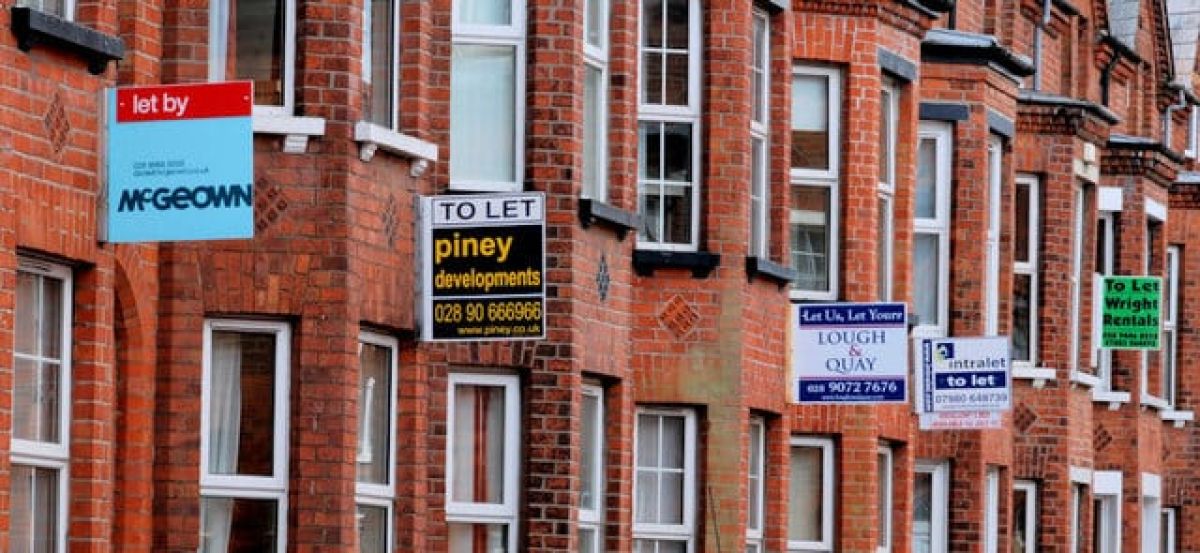
Changes to government rules could see substantial rent increases for those living in shared houses – and even the issuing of eviction notices.
The warning was issued by the National Landlords Association (NLA), who labelled the regulations as a burden on landlords in the private sector.
The new measures will affect homes in multiple occupations (HMOs). They are defined as properties that house people that are not related, and sleep in different rooms.
The new rules will mean that another 160,000 such homes will need to be registered with councils. It is believed that around 64,000 of these currently require licensed to be officially legal.
That process could cost £1,200 per landlord, as an average estimate, based on research conducted by the Centre for Economics and Business Research.
The new regulations mean that licensing requirements, that include inspection by local council teams, will be applied to many more HMOs across the UK. This is compared to previous inspections, that often only took place at addresses with five or more residents.
Students are among the top consumers in the HMO market, and while assurances of higher standards for rentals, there will likely be disappointment at the kind of price raises that landlords may need to implement to meet recommendations from inspectors.
One penalty could be the forced reduction of numbers of rooms – eviction being a natural consequence. However, the changes could also mean an increase in the quality of student accommodation, with inspections becoming mandatory for more properties.
The Valuation Office Agency has released information that shows median rents per room in England are increasing twice as fast as median wages – the average monthly price now standing at £385. These increases in rent would be unfair on students though – according to Tenants Union UK.
The issue could be far from concluded, however, with the possibility of mid-term increases likely to cause havoc in the student housing market. The controversy of student renting is already a serious issue – especially the unaffordability of property, in addition to controversy over varying costs, such as summer rent charges, and various admin fees.







